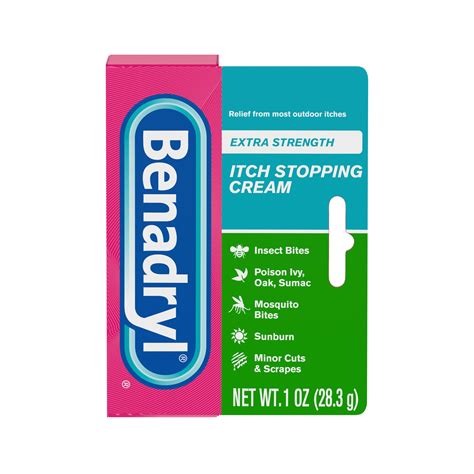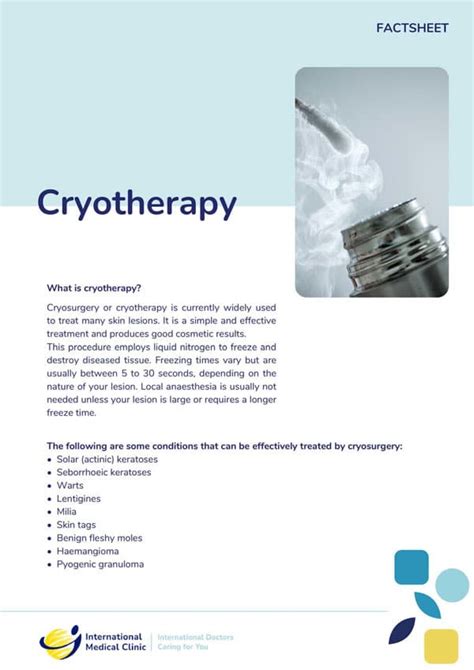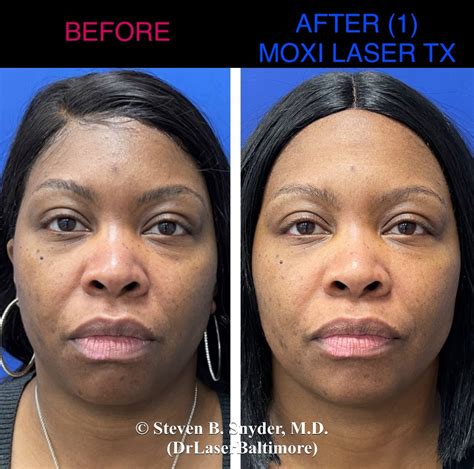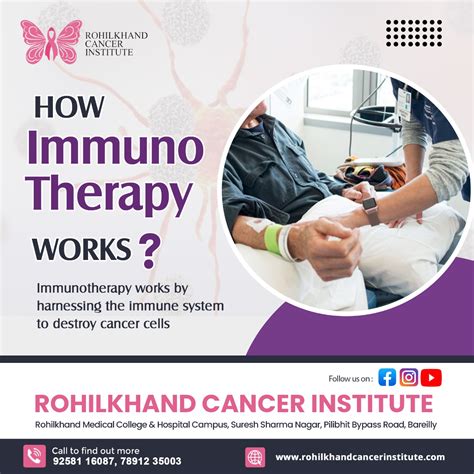Intro
Discover effective treatments for genital warts, including natural remedies and medical options, to help manage symptoms and prevent recurrence, with expert advice on genital wart removal and HPV management.
Genital warts are a common sexually transmitted infection (STI) caused by the human papillomavirus (HPV). They can appear on the vulva, vagina, cervix, penis, scrotum, or anus, and can be painful, itchy, and uncomfortable. If left untreated, genital warts can lead to more serious health problems, such as cervical cancer in women. Treating genital warts is essential to alleviate symptoms, prevent the spread of the infection, and reduce the risk of complications. In this article, we will discuss the importance of treating genital warts and the various treatment options available.
Genital warts can have a significant impact on a person's quality of life, causing emotional distress, anxiety, and low self-esteem. The stigma surrounding STIs can make it difficult for individuals to seek medical help, leading to delayed diagnosis and treatment. However, it is crucial to remember that genital warts are a common and treatable condition. With the right treatment, it is possible to eliminate the warts, reduce symptoms, and prevent the spread of the infection to others.
The treatment of genital warts depends on the size, location, and number of warts, as well as the individual's overall health. There are several treatment options available, including topical creams, cryotherapy, laser therapy, surgical removal, and immunotherapy. Each treatment has its advantages and disadvantages, and the choice of treatment depends on the individual's specific needs and preferences. In the following sections, we will discuss the different treatment options in more detail, including their benefits, risks, and effectiveness.
Understanding Genital Warts

Causes and Risk Factors
The causes and risk factors of genital warts are essential to understand in order to prevent the infection. The HPV virus is the primary cause of genital warts, and the risk of infection increases with the number of sexual partners, age, and immune system function. Other risk factors include smoking, having a history of STIs, and having a weakened immune system. Practicing safe sex, getting vaccinated against HPV, and getting regular STI check-ups can help reduce the risk of infection.Treatment Options

- Topical creams: These creams can be applied directly to the warts and can help reduce their size and number.
- Cryotherapy: This treatment involves freezing the warts using liquid nitrogen, which can help kill the virus and reduce symptoms.
- Laser therapy: This treatment uses a laser to destroy the warts and can be effective for larger or more persistent warts.
- Surgical removal: This treatment involves surgically removing the warts, which can be effective for larger or more persistent warts.
- Immunotherapy: This treatment involves using medications to boost the immune system and help the body fight off the virus.
Benefits and Risks
Each treatment option has its benefits and risks, and the choice of treatment depends on the individual's specific needs and preferences. Topical creams are generally safe and effective, but may not be suitable for larger or more persistent warts. Cryotherapy and laser therapy can be effective, but may cause pain, bleeding, and scarring. Surgical removal can be effective, but may require anesthesia and can cause scarring. Immunotherapy can be effective, but may have side effects such as fatigue, nausea, and headaches.Topical Creams

- Imiquimod cream: This cream works by stimulating the immune system to fight off the virus.
- Podofilox cream: This cream works by stopping the growth of the warts and can help reduce their size and number.
- Interferon cream: This cream works by boosting the immune system and can help fight off the virus.
Application and Dosage
The application and dosage of topical creams depend on the individual's specific needs and the type of cream being used. Imiquimod cream is typically applied three times a week for up to 16 weeks, while podofilox cream is typically applied twice a day for three days, followed by a four-day break. Interferon cream is typically applied three times a week for up to 16 weeks. It is essential to follow the instructions carefully and to consult a healthcare provider if there are any questions or concerns.Cryotherapy

Procedure and Recovery
The procedure and recovery for cryotherapy depend on the individual's specific needs and the location of the warts. The procedure typically takes a few minutes and can cause some discomfort, bleeding, and scarring. After the procedure, the area may be sore and swollen, and it is essential to follow the instructions carefully to promote healing and prevent infection.Laser Therapy

Types of Lasers
There are several types of lasers that can be used to treat genital warts, including:- Carbon dioxide laser: This laser is commonly used to treat genital warts and can help reduce their size and number.
- Pulsed dye laser: This laser is commonly used to treat genital warts and can help reduce their size and number.
- Nd:YAG laser: This laser is commonly used to treat genital warts and can help reduce their size and number.
Surgical Removal

Types of Surgery
There are several types of surgery that can be used to treat genital warts, including:- Excision: This type of surgery involves surgically removing the warts and can be effective for larger or more persistent warts.
- Shave excision: This type of surgery involves surgically removing the warts and can be effective for larger or more persistent warts.
- Laser excision: This type of surgery involves using a laser to destroy the warts and can be effective for larger or more persistent warts.
Immunotherapy

Types of Immunotherapy
There are several types of immunotherapy that can be used to treat genital warts, including:- Interferon: This type of immunotherapy involves using medications to boost the immune system and can help fight off the virus.
- Imiquimod: This type of immunotherapy involves using medications to stimulate the immune system and can help fight off the virus.
- Podofilox: This type of immunotherapy involves using medications to stop the growth of the warts and can help reduce their size and number.
What are the symptoms of genital warts?
+Genital warts can cause a range of symptoms, including small, flat, or raised bumps, itching, burning, and bleeding. In some cases, genital warts may not cause any symptoms at all.
How are genital warts diagnosed?
+Genital warts are typically diagnosed through a physical examination and medical history. A healthcare provider may also perform a biopsy or use a special microscope to examine the warts.
Can genital warts be prevented?
+Yes, genital warts can be prevented by practicing safe sex, getting vaccinated against HPV, and getting regular STI check-ups.
What are the complications of genital warts?
+Genital warts can cause a range of complications, including cervical cancer, vaginal cancer, and anal cancer. Genital warts can also cause emotional distress, anxiety, and low self-esteem.
Can genital warts be treated during pregnancy?
+Yes, genital warts can be treated during pregnancy. However, it is essential to consult a healthcare provider to determine the best course of treatment.
In conclusion, genital warts are a common and treatable condition. With the right treatment, it is possible to eliminate the warts, reduce symptoms, and prevent the spread of the infection to others. If you suspect you have genital warts, it is essential to consult a healthcare provider to determine the best course of treatment. Remember to practice safe sex, get vaccinated against HPV, and get regular STI check-ups to reduce the risk of infection. By taking control of your health and seeking medical help when needed, you can reduce the risk of complications and improve your overall well-being. We invite you to share your thoughts and experiences with genital warts in the comments section below. Your feedback and questions are valuable to us, and we look forward to hearing from you.
